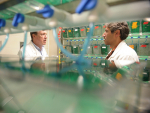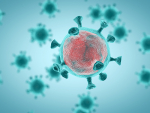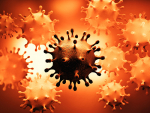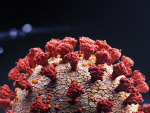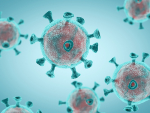
Jeff Hansen
| This email address is being protected from spambots. You need JavaScript enabled to view it.Research Editor
jeffhans@uab.edu | (205) 209-2355Communicates UAB research discoveries and initiatives from across the university for a variety of audiences.
Specific beats:
- Alabama Drug Discovery Alliance
- Biochemistry and Molecular Genetics
- Biomatrix Engineering and Regenerative Medicine
- Cell biology
- Center for Biophysical Sciences and Engineering
- CCTS
- Center for Metabolic Bone Disease
- Microbiology
- Neurobiology
- Comprehensive Neuroscience Center
- Pathology, research shared with MS2
- Pharmacology and Toxicology
- Physiology and Biophysics
- UAB Research Foundation/IIE
- Research Administration

